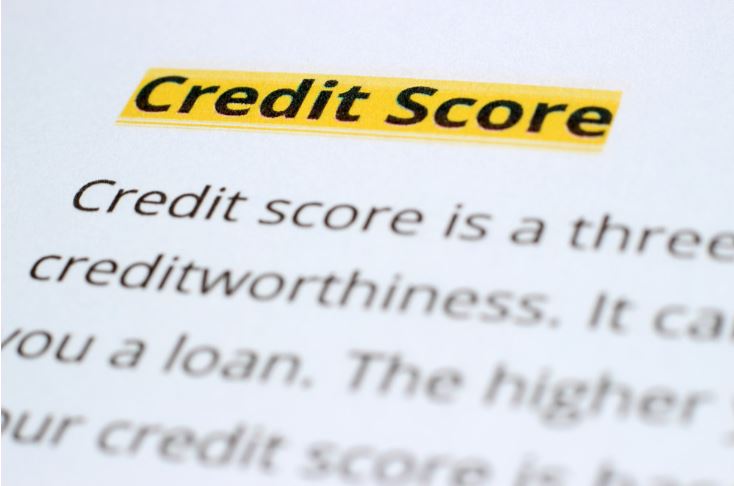“YOU WILL THANK YOURSELF LATER”
by Contributor
 (Feb. 24, 2020) — Some people, not fully equipped with the proper knowledge, believe you should avoid loans and credit cards. But in reality, to grow financially as an individual, incurring liabilities is actually a necessity. Ultimately, it all comes down to how you manage it.
(Feb. 24, 2020) — Some people, not fully equipped with the proper knowledge, believe you should avoid loans and credit cards. But in reality, to grow financially as an individual, incurring liabilities is actually a necessity. Ultimately, it all comes down to how you manage it.
When you come to think of it, a loan or a credit card is not bad. It is good, especially for those people who are trying to build a good credit score for some future purposes. Entrepreneurs acquire loans or credit cards to help them make a good credit record.
Some people with excellent credit scores can avail bigger loans with more favorable terms and lower interest rates. Others who have a fair credit score or lower, however, can apply for subprime installment loans, which are usually easier to avail but come with higher interest rates. In a way, your credit score determines your ability to acquire future loans.
But, improving one’s credit score does not happen overnight. It usually takes time. So, it would be best if you start early on in improving your credit score. Here are a few things we think you can work on to improve your credit score.
PAY BILLS ON TIME
When lenders evaluate your application for a loan, they usually check your performance in paying previous obligations. They seek to know whether you are responsible and reliable in paying your bills, be it loan bills, phone bills, or utility bills. If you have a good record of paying bills on time, lenders are likely to believe that you will also be performing well in paying your obligations in the future.
To help you in tracking your payables, you may utilize apps or tools that will help remind you of upcoming due dates. You can set the alarm on your phone’s calendar, or manually mark your calendar. You can also avail of automatic or auto-debit arrangements in the payment of these bills.
GET A CREDIT CARD FOR THE RIGHT REASONS
Some tend to purchase items that are more than what they can pay off when using a credit card. Thus, when you have a credit card, it is always good to remind yourself to purchase only things that you can afford to pay. In charging items to your credit card, make sure you will have the available resources to pay off the debt when the deadline comes.
If you have available cash at the moment, it is good to use your credit card in your purchases, like your groceries, and use that cash to pay the credit card bill. In a way, your purchases add points to your credit score with the credit card company.
Furthermore, when you have unused credit cards, do not have it closed down immediately unless it costs you annual fees. Leaving an open credit card unused helps you increase your credit utilization ratio, which also improves your credit score.
APPLY FOR LOANS YOU CAN PAY OFF
Similar to credit cards, apply only for loans you can pay off when the due date comes. If you do not have a job at the moment, refrain from incurring loans or obligations.
Only when you have the means to pay off the debt can you safely obtain a loan. Otherwise, it will leave you broke and a low credit score if you fail to pay it on time.
CHECK YOUR BILLS FOR DISCREPANCIES
Timely check your bills for any misstatement or discrepancies. Having the wrong data on your credit report could bring down your credit score. Make sure to check if the information on the report is correct, and verify them with the billing company. If there are mistakes, make haste in disputing it with the company.
Takeaway
As you can see, maintaining a good credit score is very important. It can either open or close doors for you. It can either create or cost you opportunities. From obtaining a business loan, car loan, house loan, or educational loans, your credit score has much to say in your application and in determining the interest rates and loan terms.
Even telecommunication network companies check on your credit scores to see if you are eligible to apply for a new phone line or if you are likely to get a new phone.
Maintaining a good credit score would be a wise step to be financially stable and to shape your standing in the business world. Thus, starting to grow your credit score at an early phase would work to your benefit. Evaluate yourself as soon as possible and write down factors you think have significantly affected your credit standing. Using the guidelines above, shape up what you think you can do to improve your credit score. Do this as early as possible. You are never too young to start building a good credit score. Start now, and you will thank yourself later.

